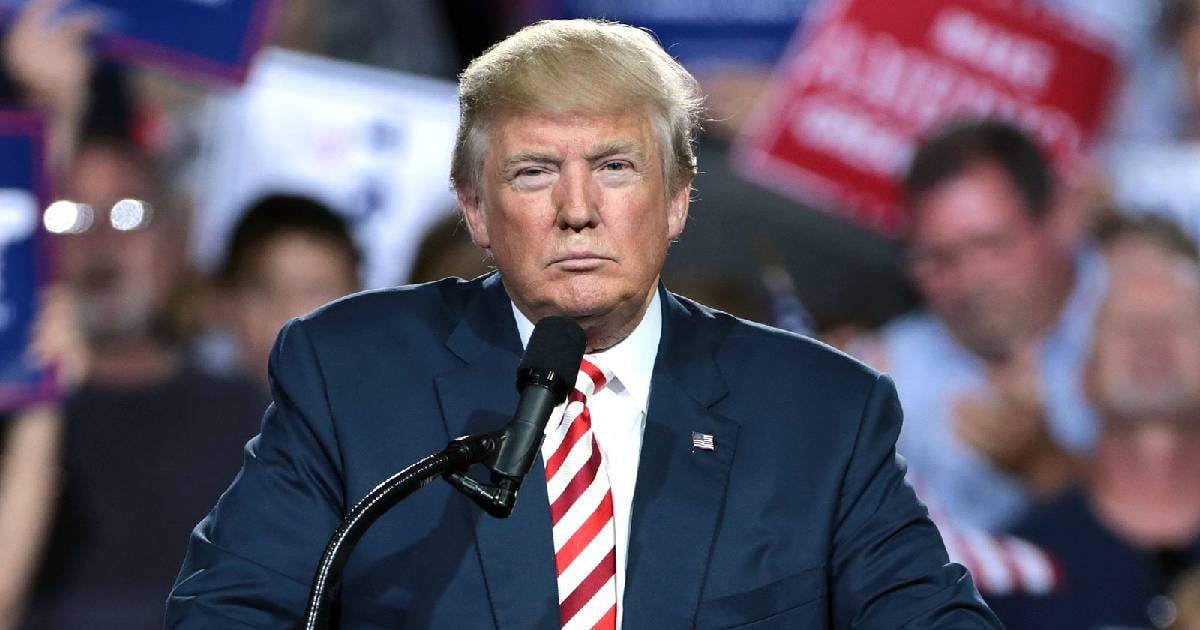On Monday, Special Counsel Jack Smith filed a motion with a federal judge in Washington, aiming to dismiss charges against President-elect Donald Trump for allegedly conspiring to overturn the 2020 election results. This request is grounded in a Department of Justice policy that deems it unconstitutional to prosecute a sitting president, as reported by The New York Times.
Smith extended a similar appeal to an appellate court in Atlanta, seeking to dismiss another federal case against Trump concerning the mishandling of classified documents. In this instance, the former president is accused of unlawfully retaining sensitive materials after his term ended. Nevertheless, prosecutors asserted that the legal proceedings against Trump's co-defendants in this matter would continue.
Legal Challenges and Department of Justice Policy
The Special Counsel emphasized the categorical nature of the Department of Justice’s policy, which holds regardless of the severity of alleged crimes or the strength of the evidence. Although Smith requested both cases be dismissed "without prejudice"—allowing for charges to be reinstated once Trump leaves office for a second time—this move acknowledges the legal constraints in holding a sitting president accountable, even in cases of alleged election interference and improper handling of classified documents.
The six-page motion effectively concludes years of the Justice Department’s efforts to prosecute Trump for his role in attempts to reverse the 2020 presidential election results, as noted by The New York Times. According to the Associated Press, Trump celebrated the development on his social media platform, Truth Social, calling the cases against him "baseless and illegal" and declaring, "I persevered against all odds and WON."
Implications of the Dismissal Requests
Prosecutors clarified that this decision does not compromise the merit of the cases but recognizes the legal shields protecting a sitting president. Additionally, the AP pointed out that the classified documents case, while legally robust, faced delays due to legal maneuvers and favorable rulings for Trump, such as Judge Aileen Cannon's indefinite postponement of the trial.
Ultimately, Smith withdrew the appeal against the case's dismissal, effectively closing this chapter. Trump also faces other state-level legal challenges, including a conviction in New York for falsifying business records, with sentencing on hold as his legal team seeks to overturn the verdict. In Georgia, Trump and 18 co-defendants are accused of attempting to illegally overturn the 2020 election results, though any trial is unlikely while Trump holds office.
This situation underscores the complexity of holding a sitting or former president criminally accountable, particularly in a polarized political climate with unique legal protections for sitting leaders.
